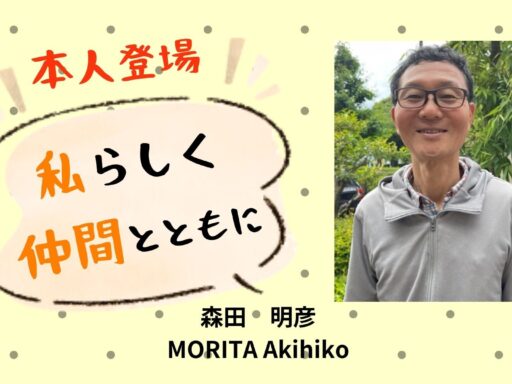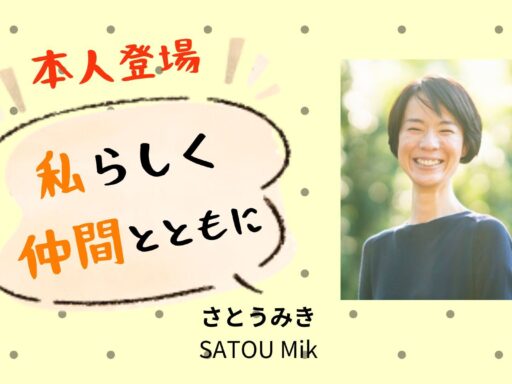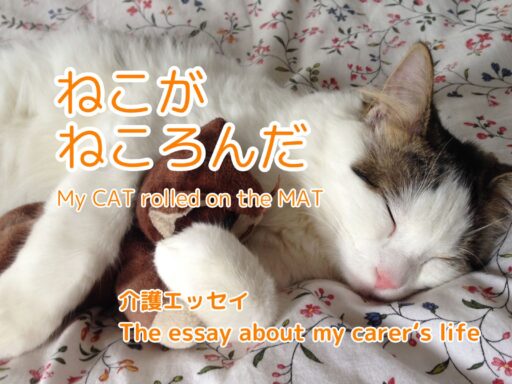Life Post-diagnosis

Hello, I am a facilitator at the “Alzheimer’s Association Japan”. Many people who are diagnosed with dementia participate in our “gatherings” with their family members. Let me give you some examples of how they are spending their time.
Ms. Tanaka loves playing piano
After she retired from work, Ms. Tanaka continued to work as a part-time teacher. She started to forget appointments and kept losing her wallet and keys, so she talked to her son and decided to go to the doctor. She was diagnosed with Alzheimer’s disease. She quit her part-time work because she thought her condition would make things difficult for her colleagues.
She told her son that she wanted to play piano for others, and now she is playing piano for children at this children’s hall once a week. She says, “I’m really happy to see children smile because of me doing what I can do.”
• Comment from Ms. Tanaka’s son
She became badly forgetful and I felt something was wrong, so we went to the hospital. I knew about dementia as I have this knowledge from my work, but it still was a shock to me when my parent was diagnosed with dementia. I wanted to talk with people in the same situation and joined this Association.
Mr. Suzuki is continuing to work
While working at the general affairs section in the company, Mr. Suzuki started to make a lot of mistakes and the workplace advised him to see a doctor. He wanted to continue working. People in his office took a training course on how to support people with dementia, and the office changed his work duties to ones that were more suitable for him given his condition. Mr. Suzuki says, “I regret that I cannot carry on the same work I used to do, but I feel supported working here as my colleagues drop by and ask me if I need any help.
• Comment from Mr. Suzuki’s wife
We still need a regular income because our children are still in high school and college. I was worried about what the company would say, but we decided to talk about the condition with his boss.
Ms. Ando is keeping her position
Ms. Ando was a board member of the neighborhood community association. She started to be late for meetings, and forget about schedules and other members’ names. She talked with an acquaintance who is an expert in this area and went to check with a medical professional. She was diagnosed with Mild Cognitive Impairment (MCI). She talked to the member who was studying dementia, and she still continues to be a board member with support from other members. Ms. Ando says, “There are things I cannot do any more, but I am happy that there are a lot of things I can do to help the association using my long experience and personal connections.”
• Comment from Ms. Ando’s husband
When she started to cook the same things a lot of the time, I just thought it was nothing out of the ordinary. But when a member of the neighborhood community association told me about my wife’s condition, I was really surprised. Now my wife is supported by the other members who have learnt about dementia and who care about her. I’m anxious about the future, but I feel we can rely on and talk to a lot of people.















